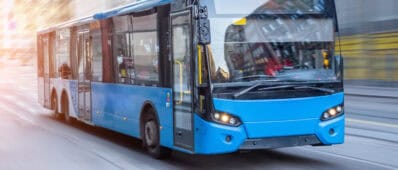Project Summary
While transportation infrastructure and efficiency should inform where to build more housing, little is known about how housing allocation and development processes can be coordinated more systematically with transportation. To date, transportation-housing coordination has often relied on the densification of areas near rail transit stations, putting heavy
burdens on these locations and their residents. Much less attention has been paid to how densification can be achieved in a more equitable manner by encompassing other sites.
This research seeks to better understand equity issues and other challenges that may arise in pursuing transportation-informed densification. The research includes two components: 1) a scenario analysis of the potential impacts of SB 743 that highlights equity concerns, as well as difficulties in identifying low vehicle miles traveled locations, and 2) a qualitative, in-depth investigation, including interviews with policy experts, creators, implementers, and advocates that explore ways to achieve more inclusive densification of non-rail transit areas, which have long been neglected in the literature. Overall, the findings suggest that transportation-informed densification is a challenging process, and this is particularly true when it comes to implementation and inclusive place-making. More needs to be known about how densification can take place in a way that promotes diversity, equity, and inclusion rather than causing disproportionate impacts on disadvantaged communities and their residents.

